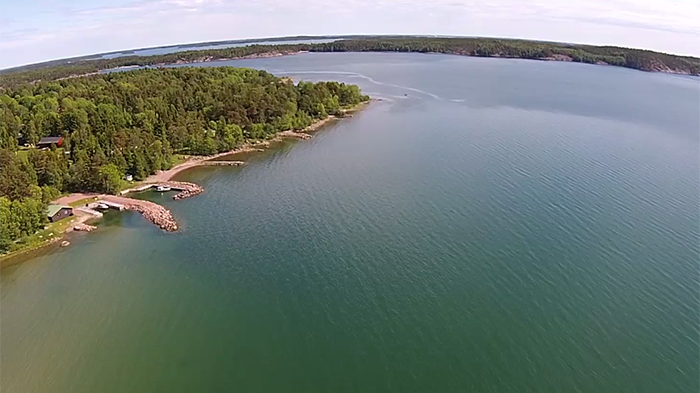RUG-onderzoeker Jeanine Olsen publiceert genoom zeegras in Nature
Een internationaal consortium onder leiding van RUG-hoogleraar Mariene Biologie Jeanine Olsen heeft een beschrijving van het genoom van het zeegras Zostera marina gepubliceerd in het tijdschrift Nature van 27 januari. Zeegrassen zijn de enige bloeiende planten die teruggekeerd zijn naar de zee. Die stap is vermoedelijk de meest extreme aanpassing die een op land (of in zoet water) levende soort kan ondergaan. Zeegrassen bieden daarom een unieke mogelijkheid om die aanpassingen te bestuderen. Het Zostera marina-genoom biedt allerlei mogelijkheden tot verder onderzoek, van aanpassing van ecosystemen in de zee aan klimaatverandering tot de rol die de planten spelen in het wegvangen van kooldioxide of het ontrafelen van het mechanisme achter zouttolerantie, wat belangrijk kan zijn voor de veredeling van landbouwgewassen.

Meer informatie
- Persbericht: Het genoom van de bloeiende plant die naar zee ging
- Referentie: The genome of the seagrass Zostera marina reveals angiosperm adaptation to the sea , Jeanine Olsen e.a., Nature, 27 januari 2016. DOI 10.1038/nature16548
- Nieuw licht op zeegras dankzij ecologennetwerk
Video’s RUG
Het online videomagazine Unifocus belicht wekelijks onderwerpen die annex zijn met de Rijksuniversiteit Groningen, op het gebied van onderzoek (en samenleving), studentenleven, onderwijs, beleid en internationalisering. Andere video's staan in onze videoportal.
Meer nieuws
-
17 februari 2026
De lange zoektocht naar nieuwe fysica
-
10 februari 2026
Waarom slechts een klein aantal planeten geschikt is voor leven
